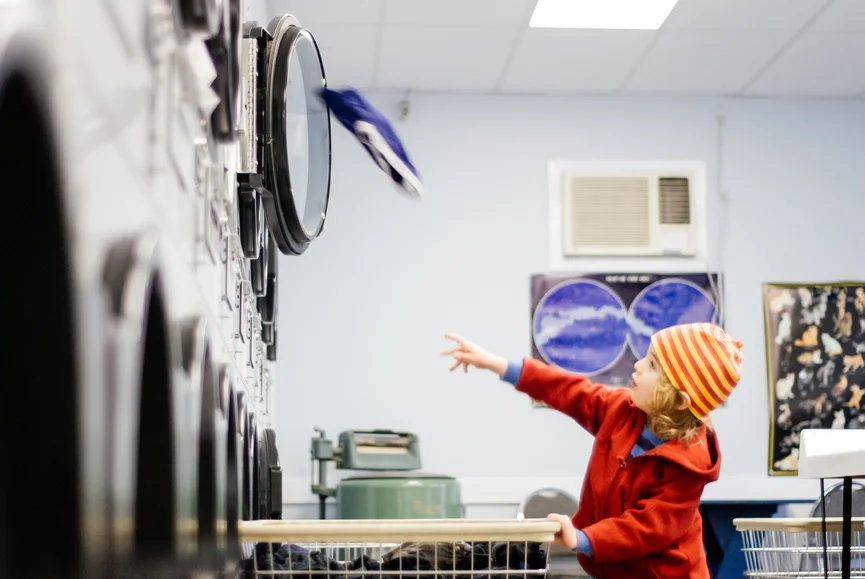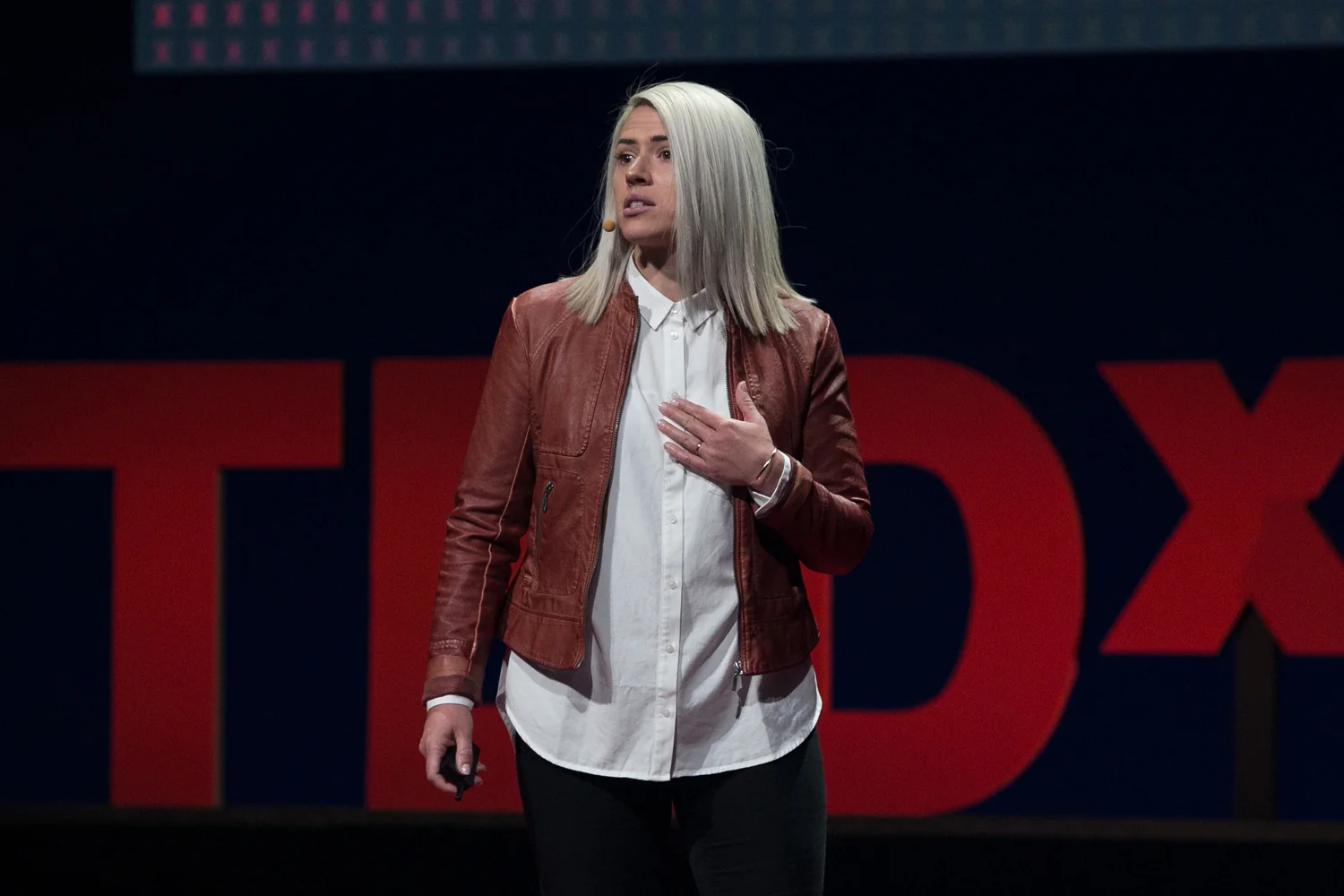Sweet Social Experiment
Opponents of Gender Creative Parenting often liken the practice to a “social experiment,” specifically, an experiment they believe will have disastrous consequences requiring infinite hours of therapy for the child.
As a social scientist, I believe I have the credentials and experience to challenge this way of thinking and present a counter argument. If only the haters read beyond this sentence, that is.
First, let me clarify that in a way, Gender Creative Parenting is a social experiment. By definition, an experiment is a course of action adopted without being sure of the eventual outcome. Do we know how Zoomer’s life is going to play out? Nope, of course not; just like every other parent cannot predict their child’s tomorrow. However, an important aspect of an experiment is a hypothesis – or an educated guess. We all use the information available to us to make what we think are the best decisions. Life is a constant experiment!
Since 2008, studying gender has been my full time job. Simply put, I know a lot about gender and how it affects people’s social and economic lives and health outcomes. Over the years, I have seen enough scientific evidence to know there are harmful effects of traditional gender socialization, including: high rates of sexual violence against women; high rates of aggressive behavior among men; and domestic, occupational and political gender inequality. These negative outcomes are associated with gender roles – not biological sex. This means that the problems stem from social interactions and negative outcomes can be reversed. So, fortunately, there is a silver lining.
I have also seen enough scientific evidence to know that gender creative socialization has beneficial outcomes. Children who grow up without strict gender roles feel free to explore their own identities and grow up to have more egalitarian romantic relationships and contribute equally to household income and parenting; gender equality leads to healthier and happier children and adults and more profitable businesses and more progressive public policies. When gender doesn’t dictate or limit people’s experiences – really positive things happen for everybody.
Let me also clarify that a Gender Creative Parenting approach does not mean that Zoomer has a life absent of gender. In fact it is quite the contrary. Zoomer's dad, Brent, is a cisgender man and I, Zoomer's mom, am a cisgender woman. Brent and I have a very egalitarian relationship and equally share parenting. Z will be exposed to all types of toys, clothing, media, and experiences. Zoomer will have a kitchen set and a chemistry set – because those things are not at odds with each other in our minds, and let’s face it – cooking is totally a science experiment anyway. They will have baby dolls and Star Wars Lego; fingernail polish and sports equipment. The color pallet of Z’s wardrobe is not limited nor are their options for haircuts and styles. Because both Brent and I have both had our ears pierced, we imagine Zoomer will probably want their ears pierced too at some point (but they'll have to make a convincing case they can keep their little earrings clean!) Gender Creative means Zoomer is free to explore gender and assign themself a gender if they so desire. When Zoomer self identifies with a gender, we will use whatever pronouns they want us to and we’ll continue to encourage fluidity and creativity and support their gender identity and expression – however conforming or non-conforming it may be.
Experiments have expected outcomes. So what results do people think our “social experiment” will produce? Are people worried our child will learn the importance of consent and bodily autonomy? Are people concerned that our child will grow up feeling empowered to pursue any interest they may have and express themself emotionally and creatively without fear of stigmatization? Or that they’ll treat people as unique individuals without relying on stereotypes? Not a bad outcome if I do say so myself.
I recently watched a documentary that sparked an “ah-ha!” moment for me. It’s called That Sugar Film by Damon Gameau and I cannot recommend it enough. As I watched the film, I couldn’t help but be struck by how relevant Damon’s arguments about sugar are to gender issues. The parallels between sugar consumption and gender consumption in our culture are remarkable. In moderation, sugar is ok - just like, in moderation, gender is ok. But there are harmful effects of both sugar and gender for children and adults when they are over consumed and added to things unnecessarily.
After having a sugar free diet for two years, Damon, the filmmaker, embarks on an experiment. He decides to eat 40 teaspoons of sugar a day, an average person’s consumption, for six weeks. He stays away from “junk food” like soda, candy, and fast food, instead, opting for things like yogurt, fruit smoothies, and other generally perceived “healthy food.” Blood tests and body composition measurements show that he starts the experiment as slightly healthier than the average male, but by the end of the six-week experiment, his body is addicted to sugar and his mood and behavior has been affected, he has developed fatty liver disease, gained weight, inches and visceral fat without increasing his overall calorie count, and is well on his way to obesity.
The film points out that sugar, like glucose, lactose and fructose, is a natural and necessary part of the human diet, however, sugar products that have been manipulated by humans, like sucrose and high fructose corn syrup, are now everywhere. It’s actually difficult to find a packaged/processed food product without sugar in it. As hunters and gatherers, humans had to be highly attuned to find sugar in things like berries. Fast forward to today, humans still have ancient instincts that trigger us to search for sugar – but now, sugar is not hard to find. Food production has evolved quicker than our bodies have to process the altered sugar sources. Our bodies don’t know how to handle the excessive amounts of sugar we consume which leads to health issues like diabetes, hypertension, obesity, high blood pressure, tooth decay, kidney failure, mental and behavioral issues, and cancer.
Sure, there are some natural differences between males and females, however, males and females are much more similar than they are different and there is actually greater variation among males and among females than there is between the sexes. It is gender, or the social and cultural ideas people have about how males and females should behave, that creates the vast majority of perceived differences between the sexes. Gender is so ingrained in our lives, it can be a mental puzzle to untangle which differences are hard wired and which are socially constructed.
When we are educated about the effects something has on us we are able to make healthier choices and change harmful behaviors and be more mindful of the amount we give to our children, what they are exposed to, and their attitudes toward it.
Most of us don’t survive on cupcakes, doughnuts, and deep fried Twinkies because we know they aren’t good for us. When we are educated about the effects something has on us we are able to make healthier choices and change harmful behaviors and be more mindful of the amount we give to our children, what they are exposed to, and their attitudes toward it.
Someone is not a bad parent if they give their child sugar in moderation – just like someone is not a bad parent if they give their child gender in moderation. We don’t think kids who weren’t allowed to have soda when they were two years old will need thousands of dollars worth of psychoanalysis, why should kids who didn’t binge on gender be any different?
Some parents don’t allow their children to have any added sugar.
Some parents give their kids sugar in moderation.
And some parents give their toddlers Mountain Dew and Coca-Cola in sippy cups.
Gendered parenting occurs on a spectrum, too.
Some parents don’t assign a gender to their child.
Some parents gender their kid but encourage them to make gender creative choices.
And some parents think a preference for princesses is hardwired in their daughter’s DNA and that their son’s love of Hot Wheels is ‘natural’ despite the fact that cars are a human invention.
Toddlers in Tiaras is the equivalent of high fructose corn syrup – neither of them is really doing anybody any good.
Just like the sugar industry capitalizes on their deceptive marketing and don’t want people to discover the truth about their products, gender, specifically hyper-gender, is marketed in a way that makes people believe gender is more necessary than it is. Women do not need different tape dispensers than men. Men do not need different screwdrivers than women. Girls do not need different toothpaste than boys. And boys do not need different bed sheets than girls. Making people think that different genders need different things is how companies make more money.
When parents who are informed about the harmful effects of a high sugar diet choose to limit their child’s exposure and consumption of sugar they are not vilified for conducting a “social experiment,” because they are using scientific evidence to inform their decision. The same is true for Gender Creative Parenting. The harmful effects of mass produced gender socialization are apparent and scientifically proven. Parents are making informed decisions for reducing their child’s exposure and consumption of gender.
Discontinuing high sugar consumption reverses negative health outcomes – likewise, reducing the consumption and perpetuation of gender inequalities reverses negative social and health disparities between boys and girls and men and women. I’ve inserted some quotes from the film and added gender next to sugar to show the parallels.
"Sugar/gender has become so deeply ingrained in our society that some people can’t imagine a life without it. So they become more dependent and addicted to it.”
“Despite all of the effects sugar/gender is having on us – in many ways – we’ve just adapted to its saturation.”
“Humans have adjusted to the new reality of the sugar/gender industry. People are functioning, but not nearly as efficiently as they could be. People accept it as normal without experiencing anything different. If you’ve always lived this way, you have no idea what life can be like – it’s not part of your frame of reference.”
“That’s why we’re having the sugar/gender experiment – we had to learn that this is not the right way to go in order to help inspire us to get to the next level.”
“I certainly don’t think that sugar/gender is solely to blame for all of our current health problems – but given its prevalence in our food supply/society – lowering our consumption is a good place to start.”
"Sugar/gender is not evil – but life is so much better when you get rid of it.”
I propose a social experiment - Let’s raise a generation of kids that isn’t fed as much gender as previous generations. What’s the worst that could happen? Boys and girls grow up being treated equally – which would lead to women and men treating each other as respected equals and gender non-conforming folks being accepted. By educating our children, perhaps we can help them avoid the mistakes that previous generations have made.
I think we can all agree that a world with more equality and fewer cavities is something to strive for.




![Strange[r] Encounters](https://images.squarespace-cdn.com/content/v1/5682c206a128e6493c2b9210/1473001979184-BEESRX1XI71XX6LOXV7V/Stocksy_txp0decdd98ZD8100_Small_690275.jpg)










During my research for the Sasha and Storm post, I came across an article about Storm and something written in it jumped out at me: Rolling out of the “media hoopla” that followed the Star story - people would yell “boy” or “girl” at Storm...